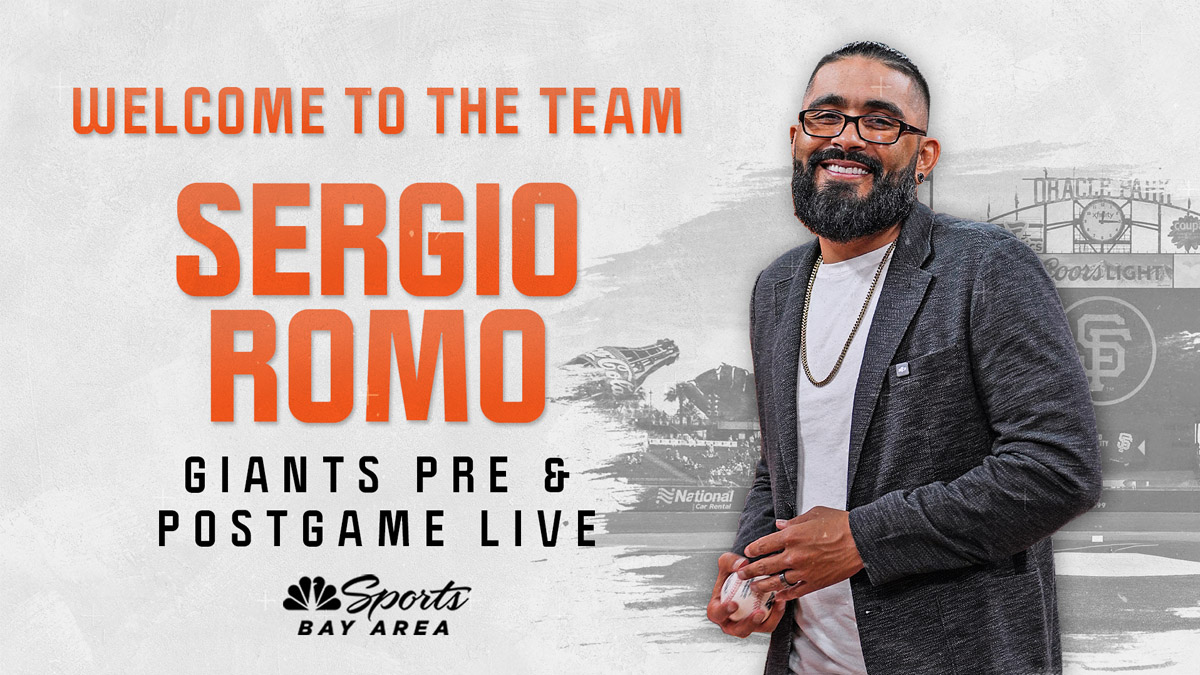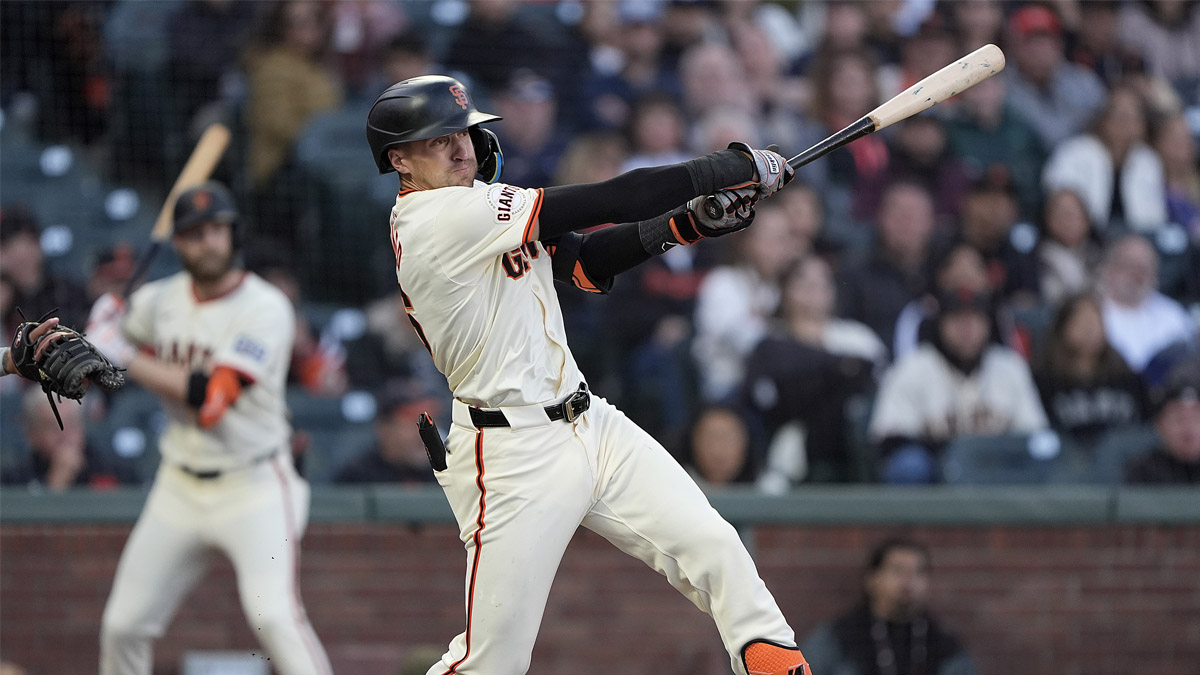It will likely be small solace for the Packers and their fans, but Monday night's debacle in Seattle led to the settlement that everyone who cares about football was hoping to see. The NFL, broken for the first three weeks of the season, is fixed.
The NFL and the NFL Referees Association have reached agreement on a new Collective Bargaining Agreement that puts an end to the embarrassing three weeks of replacement officials mucking up the league with their inability to either control the game or accurately enforce the rules. Referee Gene Steratore will lead an experienced crew onto the field Thursday night to enforce the Ravens-Browns game and probably receive the warmest reactions any officiating crew has ever received.
NFL commission Roger Goodell apologized to fans for what he called a "painful" experience -- but for the good of the game in the long run.
"We're sorry to have to put fans through that," Goodell said on a conference call about 12 hours after the deal was struck. "Sometimes you have to go through something like that in the short term for the right agreement for the long term."
The deal assures current officials that they will continue to receive the pensions they were receiving, new officials will get 401(k) plans which will eventually phase out the pensions, and the average and maximum salaries will rise throughout the life of the eight-year agreement. It also puts into place the possibility of hiring full-time officials (all NFL officials are part-time, seasonal employees right now), as well as establishing reserve officials who will be paid and trained to replace regular officials found lacking.
But it wasn't easy to get there. Throughout the entire ordeal, both sides seemed to be much more interested in winning the conflict than they were in forging a middle ground that would have led to a sensible solution. The good news is that we seem to have reached that solution.
It took some pain, especially for the Packers, but there's a lot to like about the deal.
Sports
The owners made changes that should improve the game: There will be the 'bench' of officials that will be in the system and ready to replace underperforming officials in the future, which addresses the need to constantly evaluate officials and hold them accountable. The possibility of full-time officials working the games helps restore credibility for the game of football -- something that was likely damaged during this lockout.
The officials got to keep the pension structure and salary hikes that speak to the fact that business of football is booming even as so many other businesses are struggling in the country.
In the broadest of strokes, that's a win for both sides. It's also a win for football, which should have been the only thing that concerned the league in the first place.
That leads us to the thing that remains hardest to figure out about the entire exercise. Given the robust economy of the NFL, it is hard to accept that the owners even considered the state of the sport when they made their disastrous decision to pull gym teachers up to the biggest possible stage with almost no training.
While we understand the gain to their wallets by trying to bust the officials union, we're perplexed by the notion that such gains would lead to anything worthwhile for the sport. And it's pretty clear that the owners agreed with such a position or they would have just turned their back on the regular officials, like President Reagan did with air traffic controllers three decades ago.
They never did that because they knew that doing so would delegitimize the league even further than it was on Monday night.
People will complain about the work done by the regular officials, probably about three plays into Thursday night's game between the Ravens and the Browns, but they'll be doing it in the same way that they complain about a million other things in life. They'll complain that calls aren't going their way and that others seem to be getting the breaks, but they won't be under the illusion that the entire enterprise is compromised by the people making those calls.
That's a stark contrast to the experience with the replacement refs, whose wrong steps weren't honest mistakes by people trying their best but inept fill-ins trying to do a job that they weren't remotely capable of doing.
Basically, then, it is a return to the status quo that was in place before the lockout, and that's the best possible outcome for a league that had no need to break what didn't need fixing in the first place.



